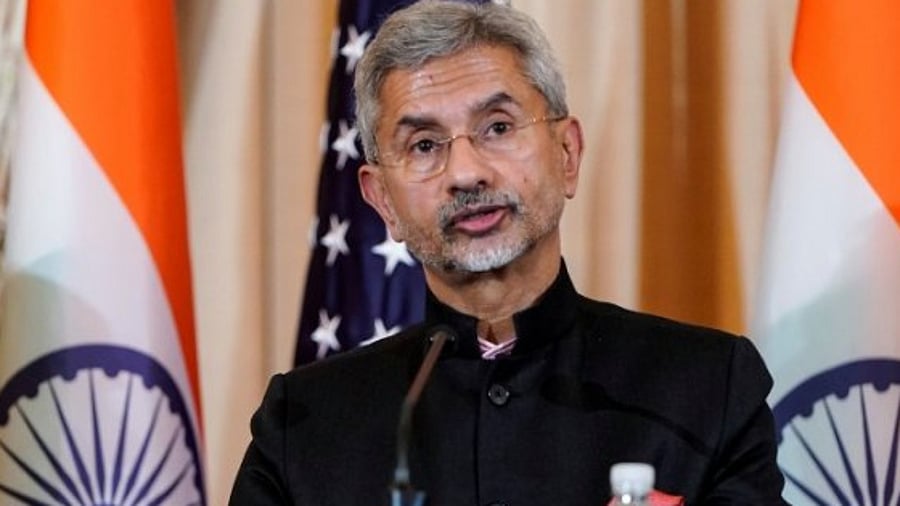
The second Covid-19 wave was expected, but no one foresaw that its extent would be fourty times greater than the first, External Affairs Minister S Jaishankar said on Thursday, amid growing criticism over the response of the Bharatiya Janata Party’s government to the crisis over the past few weeks.
“You have to really understand how dramatically the second wave unfolded. From 10,000 a day till the end of February, within a matter of weeks, the cases rose up to 4,00,000 a day. That is a 40X increase,” he said while virtually participating in a conference on Future of Asia organised by Nikkei.
Jaishankar was asked what had gone wrong with the second Covid-19 wave, which had wreaked havoc across India. He said that people had been aware of the possibility of a second wave coming after the first and that was why the Union Government had focussed on vaccination and expanding the healthcare infrastructure. “Most modelling focused on a second wave being something more than the first wave. Nobody saw a 40X wave coming at us as the second wave”.
His comment came even as Prime Minister Narendra Modi’s government drew flak from the opposition parties for alleged shortcomings in preparation for the second Covid-19 wave resulting in the death of thousands of people across the country.
The External Affairs Minister said that the pandemic might be the most serious in the living memory, but it should be seen as a recurring challenge and not as a one-off. He said that the pandemic demanded international cooperation on a scale that could not have even be conceived of earlier. “No national capacity, however large, can be adequate. And just overflows from such capacities are clearly not enough to address global needs. Even a collective response, by itself, could fall short if it is just an aggregate of the present capacities,” he said.
The diplomat-turned-politician said that what the international community would now have to conceptualise is re-engineering the way the world worked and mitigate such cataclysmic events. “The Covid-19 has certainly triggered debates on issues like supply chains, global governance, social responsibility and even ethics. But for many of us gathered here today, it equally encourages an objective assessment of the contemporary world so that we are better prepared for tomorrow.”
The External Affairs Minister said that India, on its part, could help strengthen and de-risk the global economy through more effective partnerships. He referred to India’s collaboration with Japan and Australia for a Supply Chain Resilience Initiative. “As far as the Quad arrangement that also involves the United States is concerned, its agenda today covers vaccine collaboration, critical and emerging technologies, semi-conductors, supply chains, critical materials and of course, connectivity, amongst others,” he said.
India’s recent summit with the European Union and the United Kingdom had seen advancement on the Freed Trade Agreements, he noted.

